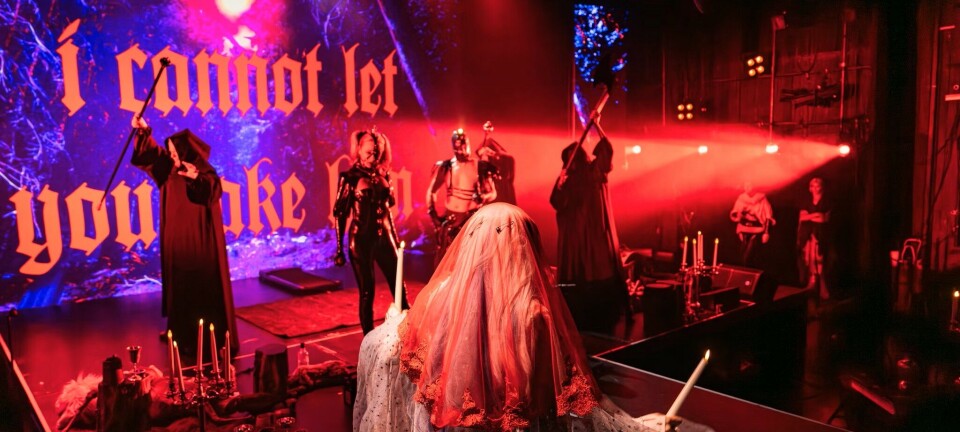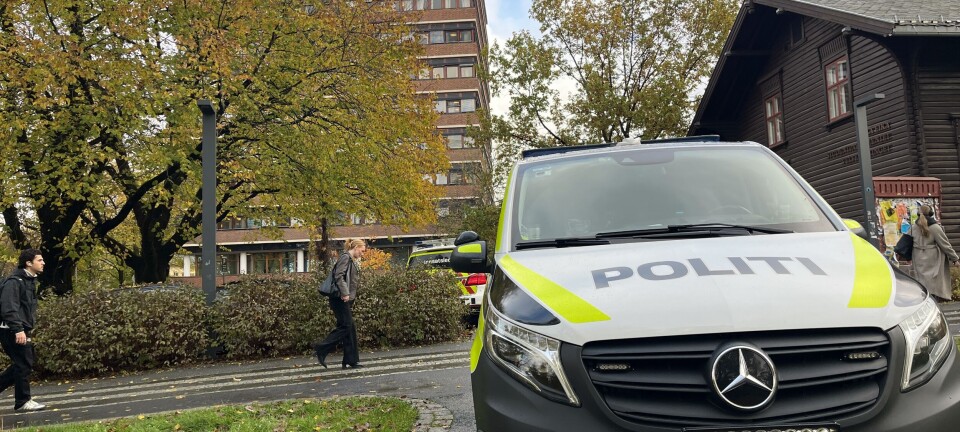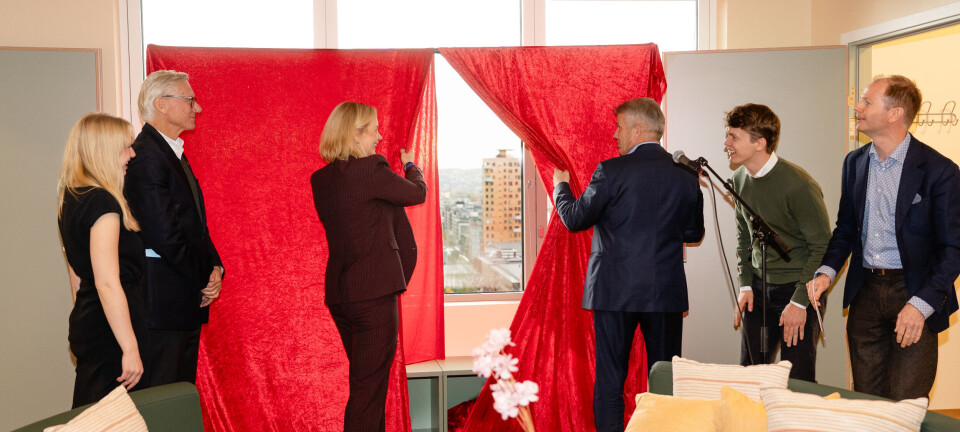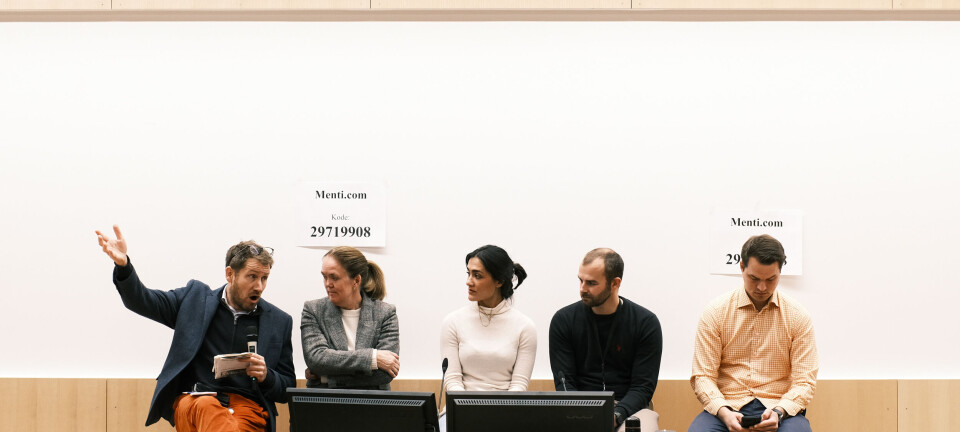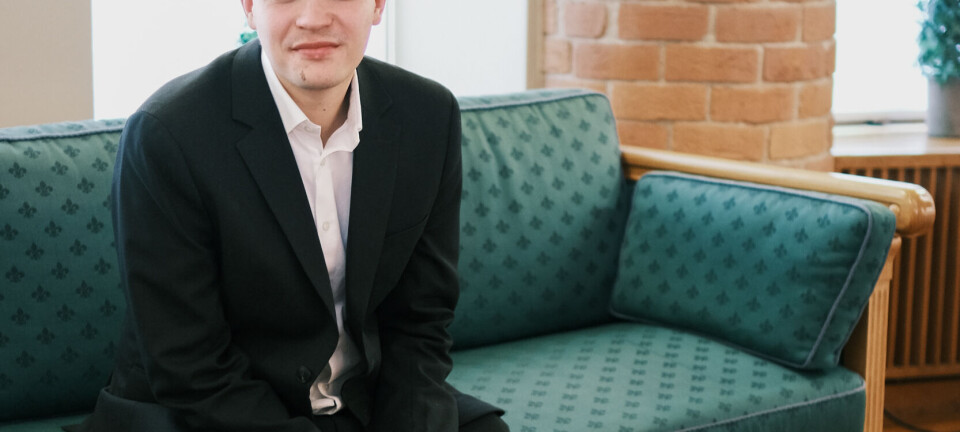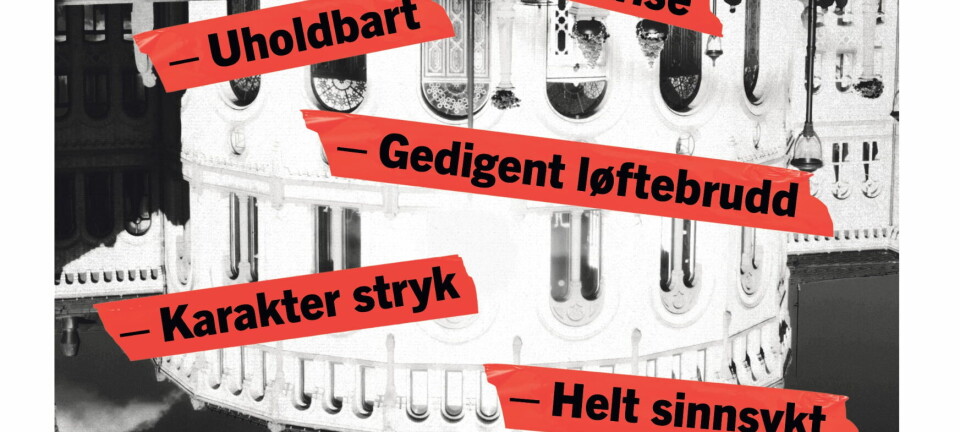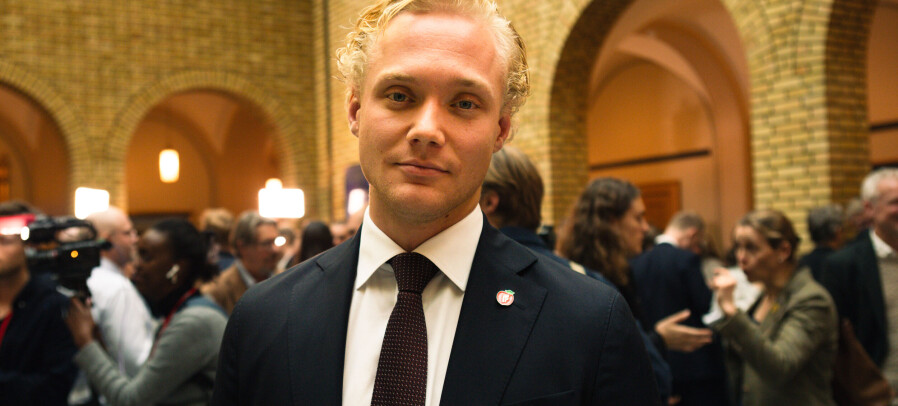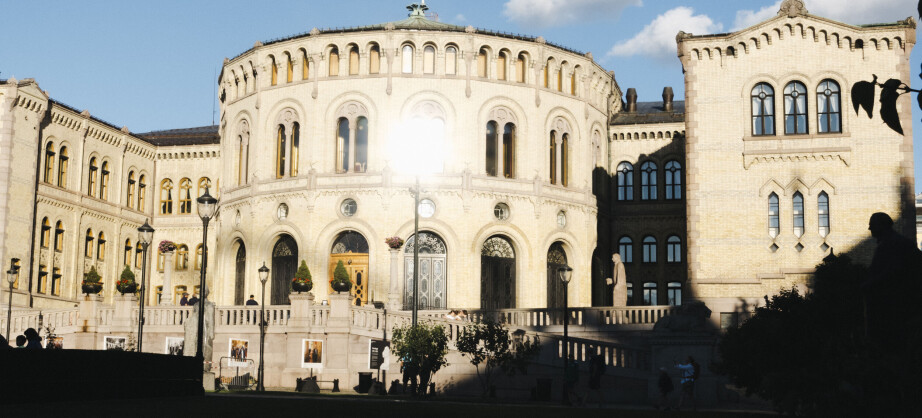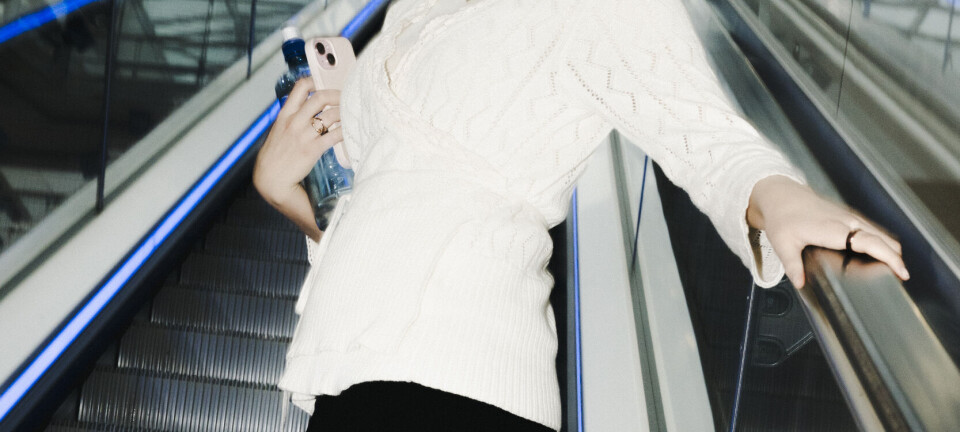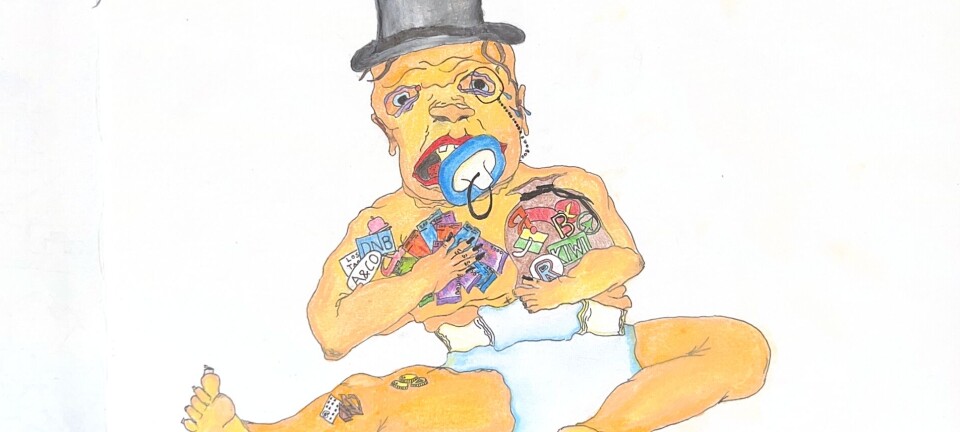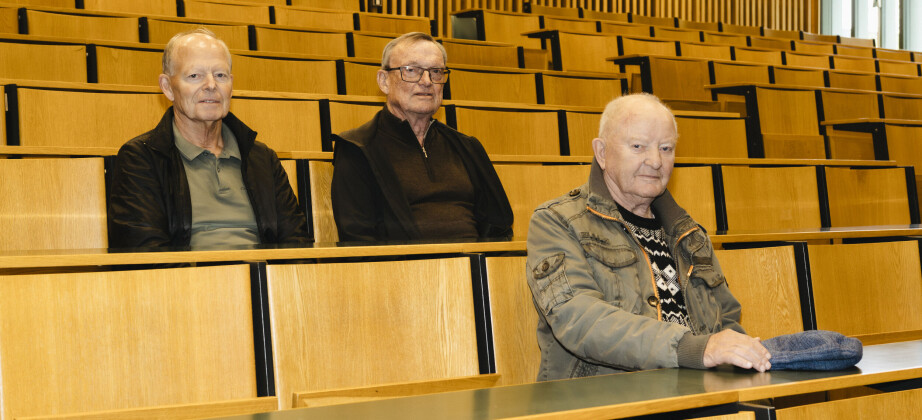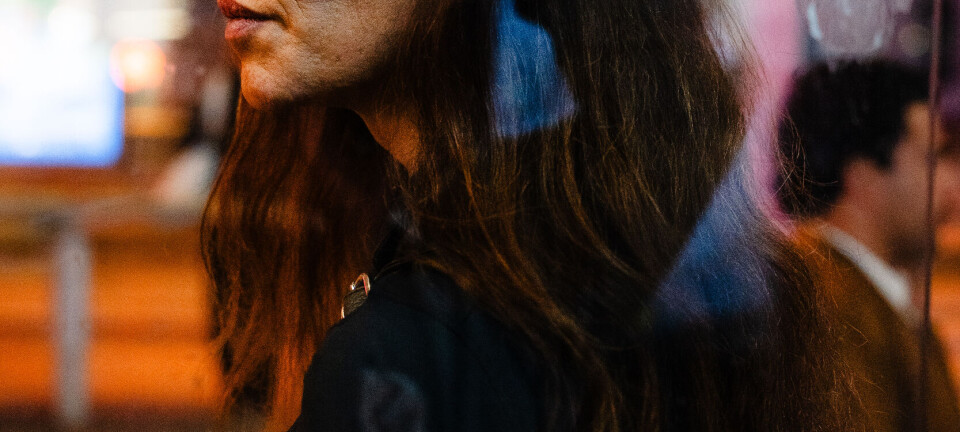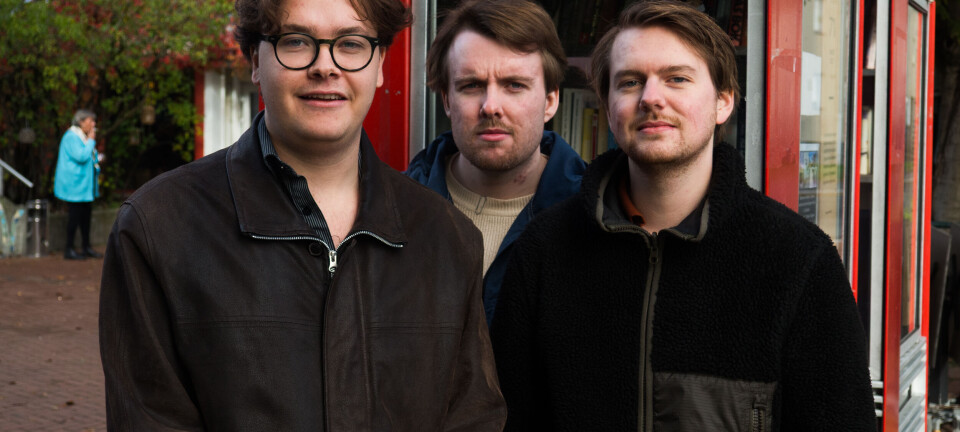
Emotional Neanderthals of the North
A field guide to identifying Norwegian signs of affection.
All Norwegians are emotionally repressed.
It doesn’t take visitors and new residents long to realize this, based on only a few interpersonal relationships. Whether it’s a friend, one-night stand, romantic liaison, or family, the difficulty of making a Norwegian express their emotions is legendary.
It’s not that they don’t feel – they certainly have a lot of feelings; they’re just buried very deep inside. So deep, the Norwegian themselves might not even know of this emotional well’s existence.
Need advice for Oslo winter? Kos yourself
The fight I get in with my boyfriend most often revolves around him being unable to tell me how he feels. The absurdity never fails to hit me. As I get more frustrated and angry, he gets more introspective, questioning what he’s feeling, and whether he’s feeling it at all. This usually ends in stalemate until a few days later, when he wants to revisit the topic, having finally figured out his stance – only to be mad I’ve moved on.
And it’s not a unique experience either – that’s a carbon copy of the fights my friends get in with their Norwegian significant others.
It seems that public displays of emotion, even positive, go against Norwegians’ fear of bothering other people. They wouldn’t want to force their feelings on you.
The issue isn’t only limited to romance, of course. Norwegians are emotionally stunted in many arenas. Hence the problem with making friends, for example. You, as an emotional foreigner, might see the connection long before your cold, yet wonderful potential Norwegian friend does.
So how do you know if they like you back?
Look for Norwegian signs of affection. They are varied and (mostly) subtle, including, but not limited to: gifts of knitted items, invitations to an after party, buying you a drink, asking you to eat lunch together, hugs, getting drunk and telling you how much they love you, waving when they see you instead of blatantly ignoring you, adding you on Facebook, gossiping, smiling when they see you, giving you a nickname, inviting you to anything outdoors (including but not limited to skiing, hiking, swimming), cooking for you, and inviting you to their cabin.
Prepare for ski season, join a cult
Notice what was not included on that list: using their words to explain they care about you. In the US for example, people will say, «We should be friends! Want to hang out sometime?» In Norway, that kind of thing just isn’t normal. It seems that public displays of emotion, even positive, go against Norwegians’ fear of bothering other people. They wouldn’t want to force their feelings on you, possibly putting everyone in an awkward situation if you didn’t respond in kind.
All this repression is also why Norwegians respond strangely to the seemingly simple question «how are you?» They assume if you ask, you really want to know. It’s a popular point of hilarity among foreigners that the answers you get will encompass everything from family to work to relationship problems, to the touch of winter depression they’re having; but it drills down to the heart of Norwegian-ness. They are so sincere with themselves and others, that talking about feelings too often would be too much to handle.
There is a positive side though: because of the dearth of public affection, all of these signs added up really mean something. Any emotion for Norwegians is truly heartfelt. They can only love with their whole being, even if they themselves don’t realize it.
To call something «sentimental» in Norwegian is not a good thing. It has more in common with the word «pathetic» in English. These cold northerners are not big on sentiment; most signs of Norwegian affection are indirect. It could be monetary, like buying a beer. It could be a small act of giving, like cooking a meal. It could be big, like going on a cabin trip together, indicating they can stand to spend more than an hour in your company. You might never hear your someone in Norway tell you they love you, or even that they like you; but if you have hand-knit mittens, a homebrewed beer, and an invite to grab a drink before going out next weekend, then they think you’re not half bad.
Oslo hopes to attract more international students




